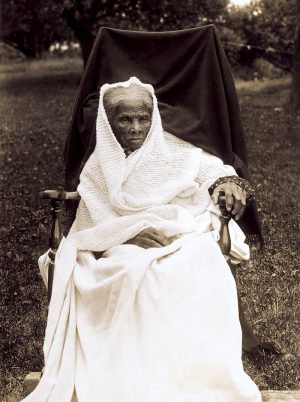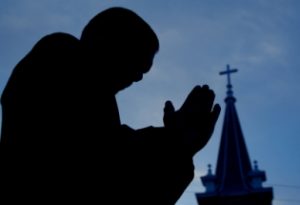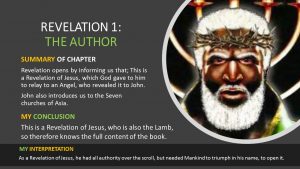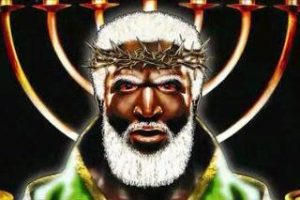
A Temple Guardian & Holder of A Lamp:
The Right Honourable Deaconess, Harriet Tubman
 Harriet Tubman was born Araminta Ross, on January 29, 1822 and ascended on March 10, 1913, in peace. She was a light that shone in utter and total darkness that lead enslaved African people, to freedom, earning her the effectionate name and being referred to, although being female, as Moses.
Harriet Tubman was born Araminta Ross, on January 29, 1822 and ascended on March 10, 1913, in peace. She was a light that shone in utter and total darkness that lead enslaved African people, to freedom, earning her the effectionate name and being referred to, although being female, as Moses.
Born into slavery, in Dorchester County, Maryland, Tubman was beaten and whipped by her various masters as a child. From this severe treatment at a young age, she had suffered a traumatic head wound that caused dizziness, pain, and spells of hypersomnia, which occurred throughout her entire life.
Tubman eventually escaped and subsequently made some thirteen missions to rescue numerous other enslaved people, family and friends.
She once said;
“I have heard their groans and sighs, and seen their tears, and I would give every drop of blood in my veins to free them”
As an illiterate child, she had been told Bible stories by her mother. The particular variety of her early Christian belief remains unclear, but she acquired a passionate faith for, in and with God. Harriet was however a devout Christian, so when she began experiencing visions and vivid dreams, she automatically interpreted them as being direct revelations from the One God. Her particular religious perspective, was totally African or Black centred, as she totally rejected, the European interpretation of the New Testament that kept slaves, passive, submissive and to a degree inferior and it was this centred view-point that informed her actions throughout her life.
As conductor of the underground railroad, Harriet Tubman used songs to link themes of travel, heavenly salvation, and deliverance from earthly bondage: "the promised land" meant Canada, and "Egypt" stood for the slave states. She sang “Go Down Moses” to warn fugitives to stay hidden, but as she led them across the border, Tubman, known as "Moses" to her friends, called out;
“Glory to God in the highest.
One more soul is safe!”
She also said;
“I was the conductor of the Underground Railroad for eight years,
and I can say what most conductors can't say;
I never ran my train off the track and I never lost a passenger”.
This quote below sums up Harriet’s, perception and to a degree that conclusion drawn from the Bible, the Gospel and the Life of Yahshuah of African and other oppressed or enslaved people;
When she states that;
“There are two things I’ve got a right to, and these are,
Death or Liberty – one or the other I mean to have.
No one will take me back alive; I shall fight for my liberty,
and when the time has come for me to go,
the Lord will let them, kill me”.
The Credentials and Significance:
She rejected the widely accepted interpretations of the Gospel and New Testament, as perceived and taught through the white controlled Christian institutions that urged slaves to be obedient, but found guidance and inspiration in the context of the Old Testament, stories of deliverance, therefore saw the Gospels as a continuation of this deliverance, if not the very vehicle for it, as is it is often seen African Christians and other oppressed people, regardless of ethnicity.







